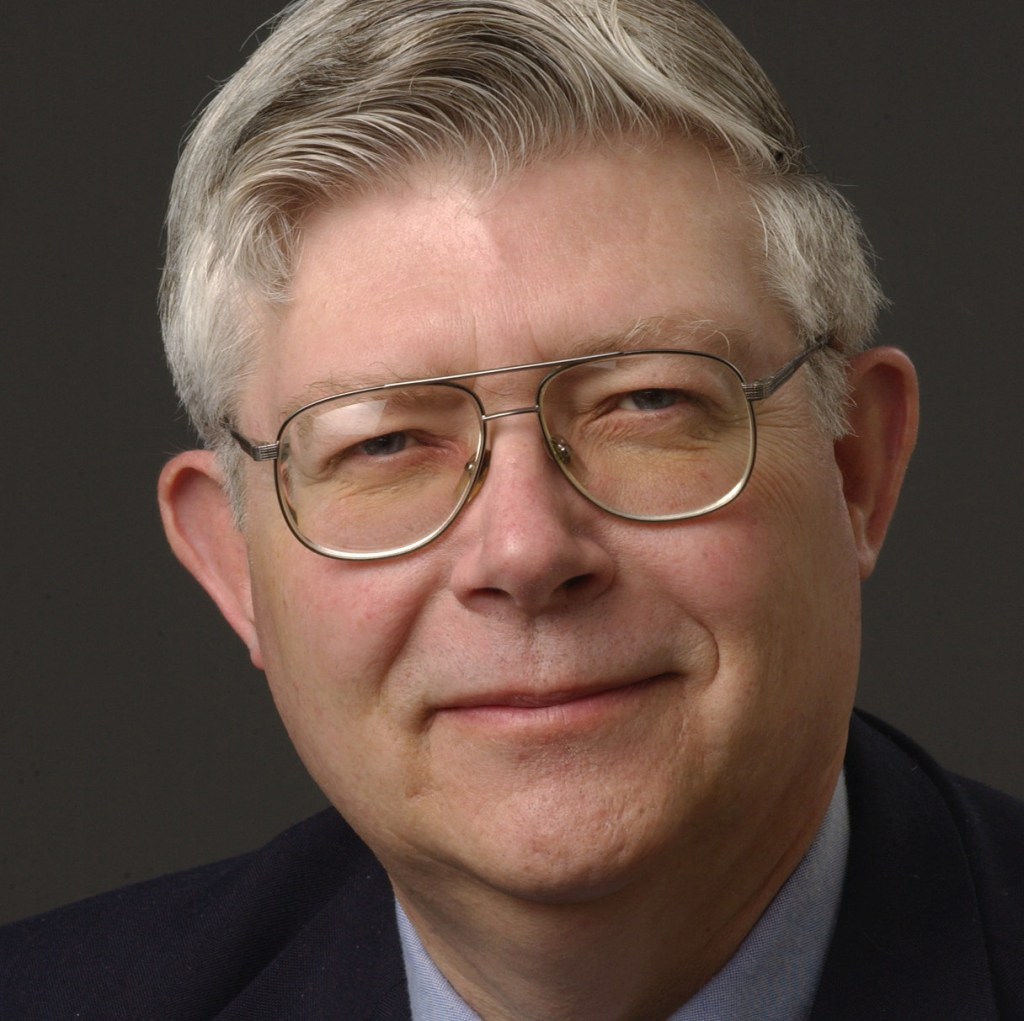Punxsutawney Phil saw his shadow Monday, so according to a German folk tale that says large rodents can predict the weather based on their opacity, we’re doomed to have six more weeks of winter.
In six weeks, we will be near the vernal equinox (the beginning of spring), so perhaps that makes some sense.
Still, now that winter has its act in gear, six weeks seems like an eternity.
And eternity, not incidentally, is the theme of the Bill Murray/Andie MacDowell classic 1993 movie about a TV weatherman (named Phil) caught in a never-ending loop of days that are really only one day – Groundhog Day, naturally – until he can learn how to live, not “the good life,” but a life that is good.
Columnist Jonah Goldberg has written the definitive analysis of the spiritual significance of Murray’s travails, in a 2005 column that National Review Online reprints over and over every Feb. 2.
In it, he cites co-writer and director Harold Ramis’ view that Murray spends somewhere between 10 years and 10,000 trapped in a cycle in which he is transformed from a self-centered lout to a caring, helpful friend to everyone he meets.
Murray’s growth finally breaks the cycle, on a day he awakens to find it is now Feb. 3, and his life continues. His redemption (which earns him MacDowell’s love) has made the movie appealing to members of many faiths.
Which, as naturally as spring follows winter, leads to a statement by Pope Francis that makes the case for something the movie assumes without ever stating it directly: the existence of an omnipotent power that rules over the days of our lives and cares very much about what kind of people we become.
As I’ve noted before, I’m not a Roman Catholic, so I’m not directly involved in where the current pontiff leads his church; still, where an organization of 1.2 billion people goes will inevitably influence the entire globe.
That brings me, by an admittedly roundabout path, to a newspaper item that bears on Francis’ words.
It is an editorial from the Pittsburgh Post-Gazette – reprinted last November by this newspaper – which approvingly cited a statement by the pope that “evolution and the Big Bang theory did not conflict with Catholic teaching.”
As the editorial noted, this “really wasn’t news,” as all Francis was doing was reiterating his church’s long-standing position that, properly understood, there is no conflict between science and faith, as “all truth is God’s truth.”
Nevertheless, the editorial left out something important, which is that the Catholic view of evolution is not the one proclaimed by most people who call themselves Darwinists.
They have firmly concluded that the Universe came into being by random chance and life appeared and evolved equally randomly, without any (non-existent) divine intervention.
Pope Francis, however, said that the Big Bang (an explosion of energy from nothingness that produced matter, time and space itself) “does not contradict the intervention of the divine Creator but rather requires it. Evolution in nature is not inconsistent with the notion of creation, because evolution requires the creation of beings that evolve.”
The editorial concluded that “the pope’s words are also a reminder that those who regard evolution as hostile to Christian belief are actually a minority among Christians.”
That’s probably accurate, but the writer neglected to add that the converse is also correct: Many of those who hold evolutionist views are exceedingly hostile to Christianity.
The message of Murray’s movie is that the Universe is indeed run by a power that cares what kind of people we are. Of course, others say no such power exists.
So, which alternative is true makes a great deal of difference, now and in days to come.
Indeed, for all eternity.
ADDENDUM
A letter-writer Wednesday was “amused” that I had cited a story in the London Daily Mail for last week’s global warming column, and said I might as well use the National Enquirer.
But it wasn’t the Daily Mail’s views I cited. Instead, I referred to a comment in it from NASA official Gavin Schmidt, who “has now admitted NASA thinks the likelihood that 2014 was the warmest year since 1880 is just 38 percent.”
So if there’s an issue here, it’s with Schmidt, not the paper.
And the reference to the Enquirer is odd, because that was the paper that broke the story that former Democratic vice-presidential candidate John Edwards had sired a child with his mistress while his wife was suffering from a fatal disease.
Edwards could someday have held that office, or even become president, but it was this raucous supermarket tabloid that saved us from that highly undesirable fate.
Can’t we all just agree that a fact is a fact, and a truth is a truth, no matter who utters it?
M.D. Harmon, a retired journalist and military officer, is a freelance writer and editor. He can be contacted at:
mdharmoncol@yahoo.com
Send questions/comments to the editors.


